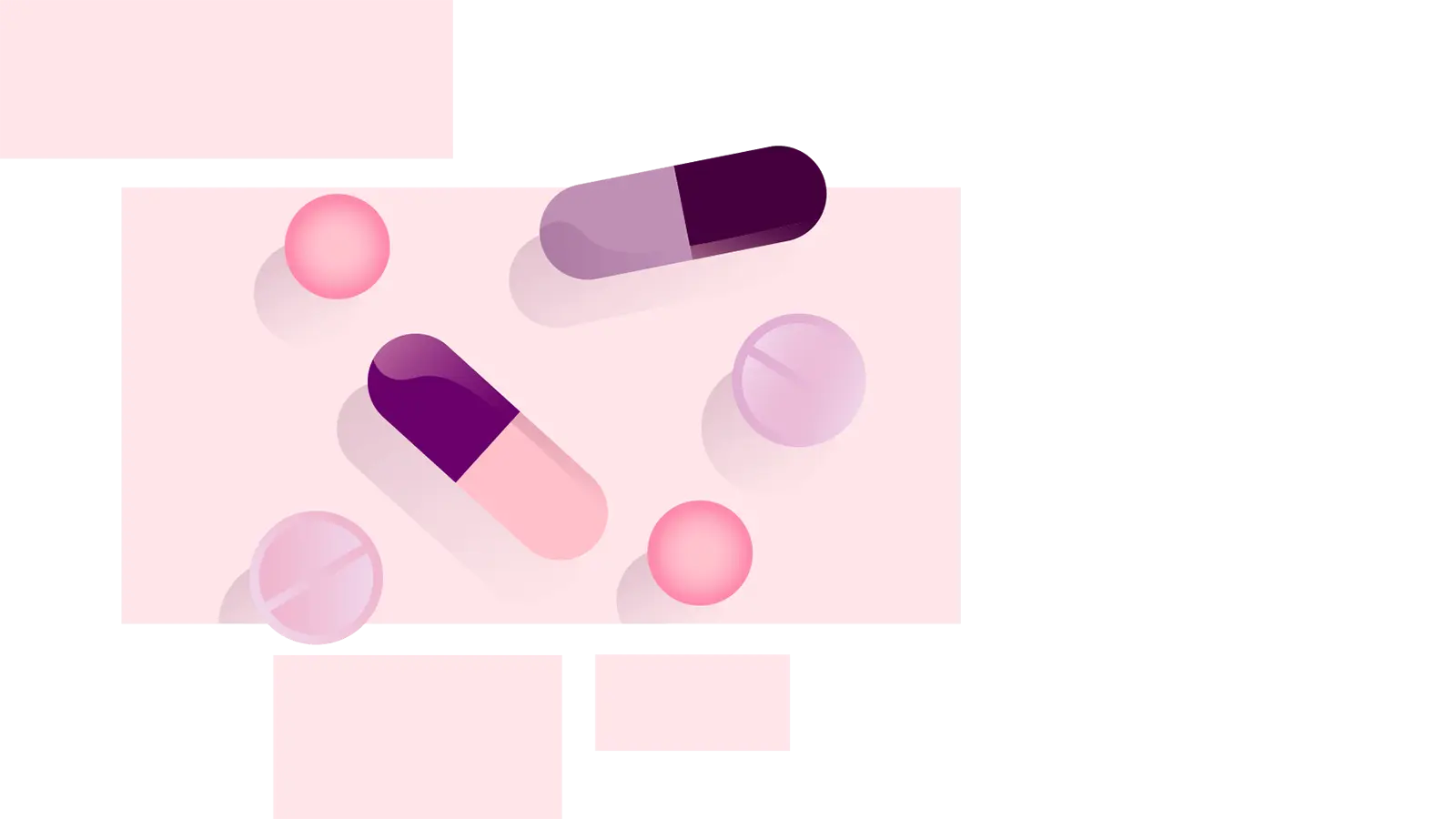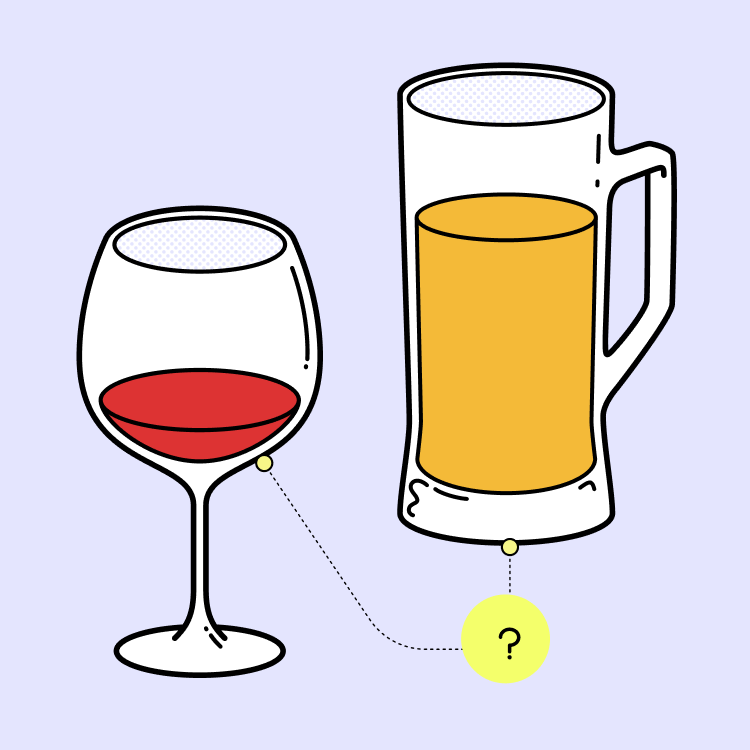Alcohol is a psychoactive substance that affects your brain’s pathways and the chemicals directly involved in your actions and mood (1). In the short term, drinking moderately and occasionally can relax you. Many people enjoy drinking because it gives them pleasure and can enhance the experience of a social gathering (2).
However, as you drink more, alcohol’s intoxicating effects take over. Your positive mood can quickly turn sour, and you may become sad or depressed. Over the long term, drinking can have a lasting effect on your mental health (3). Some people may drink to relieve stress or anxiety and use alcohol to numb their emotions (4, 5). Over time, they may start drinking more heavily and need more alcohol to get the desired effect. But drinking excessively can make both stress and anxiety worse and cause additional mental health problems (6, 7).
Mental health conditions and Alcohol Use Disorder are closely related
Scientific studies show that excessive drinking is closely related to depression (6), anxiety (8), psychosis (9) and bipolar disorder (10) – and may also increase the risk of suicide (11). Many people who suffer from these disorders are heavy drinkers and may be diagnosed with Alcohol Use Disorder (AUD), or dependence. In fact, AUD itself is considered a mental health condition and requires professional help (12).







